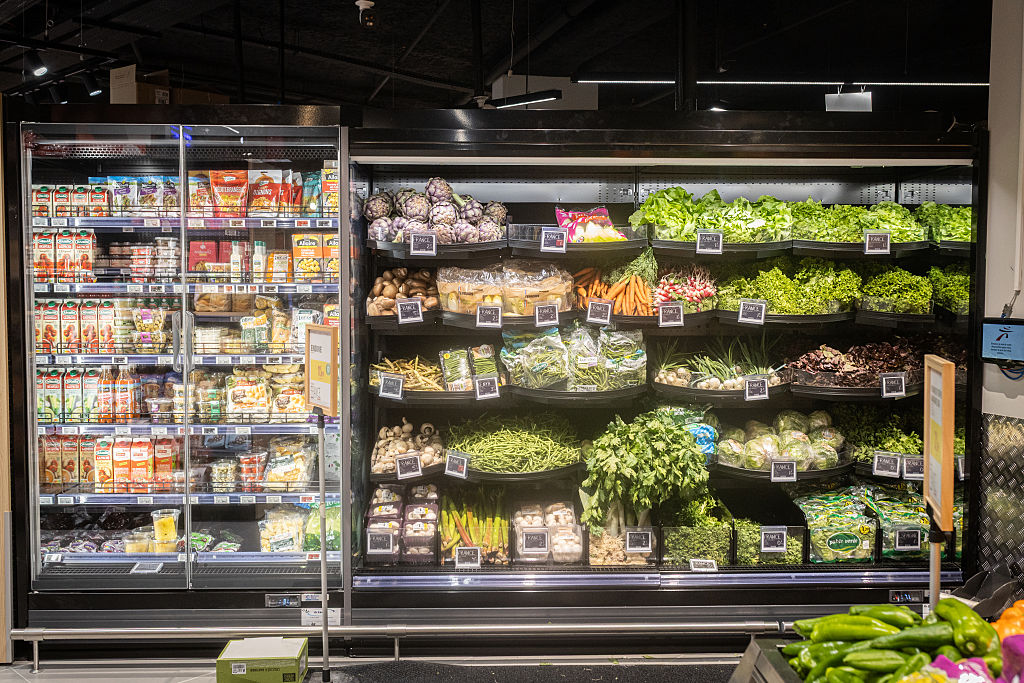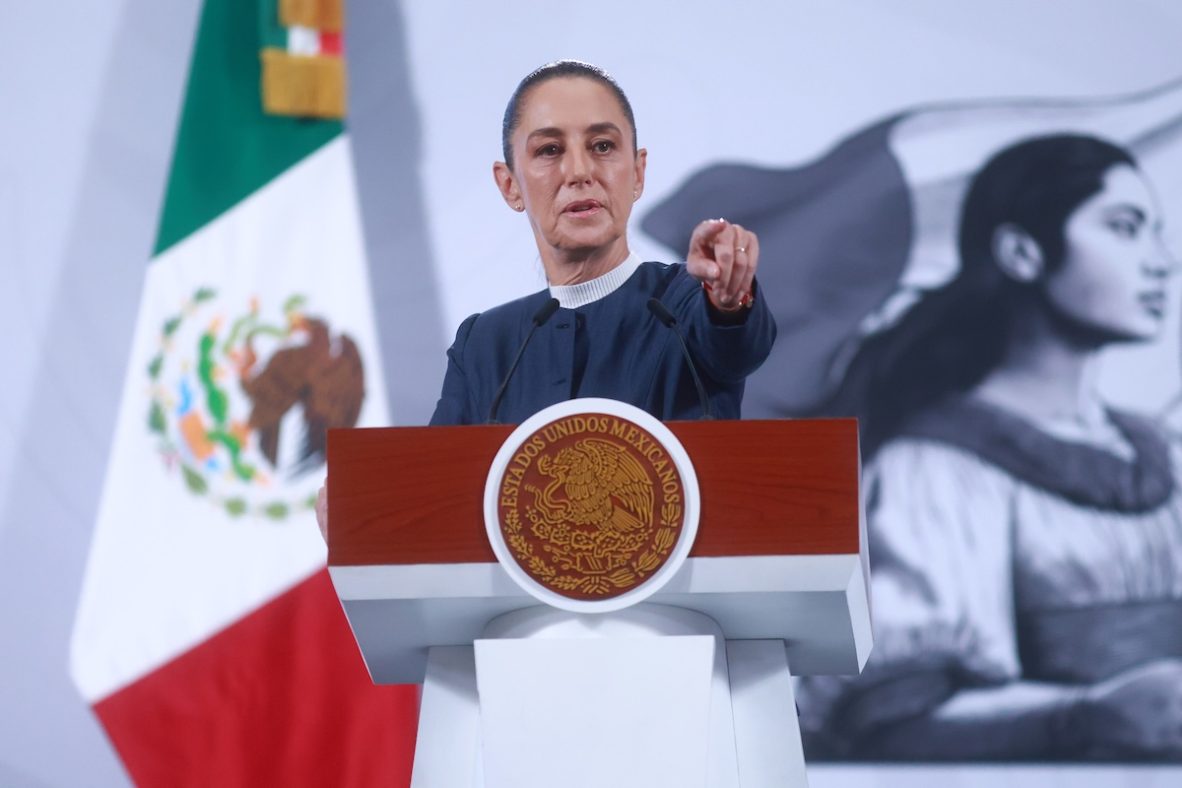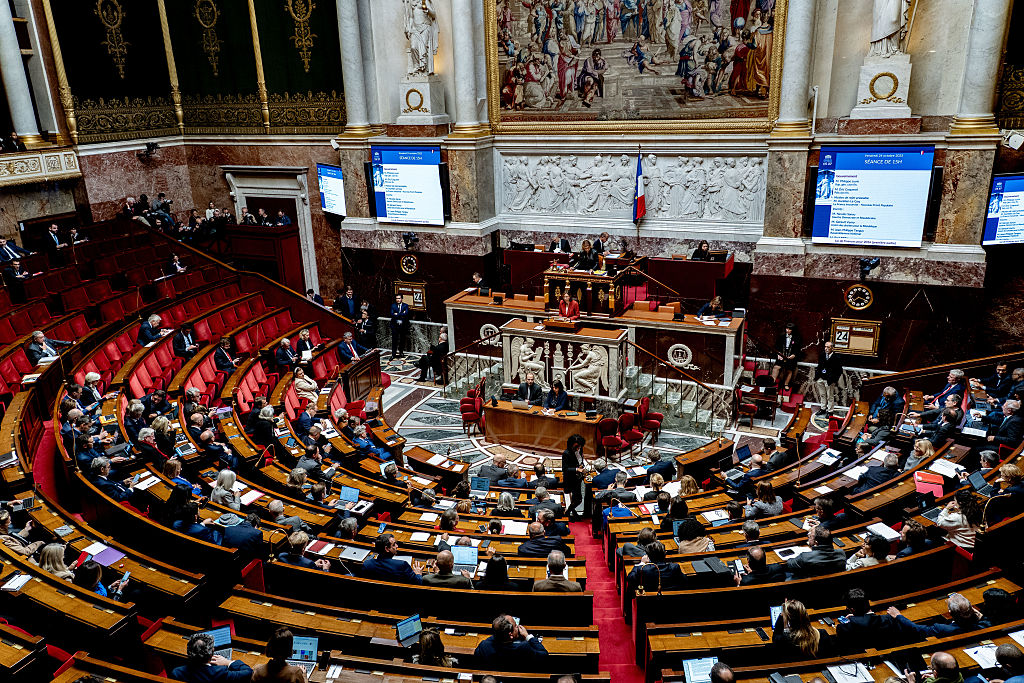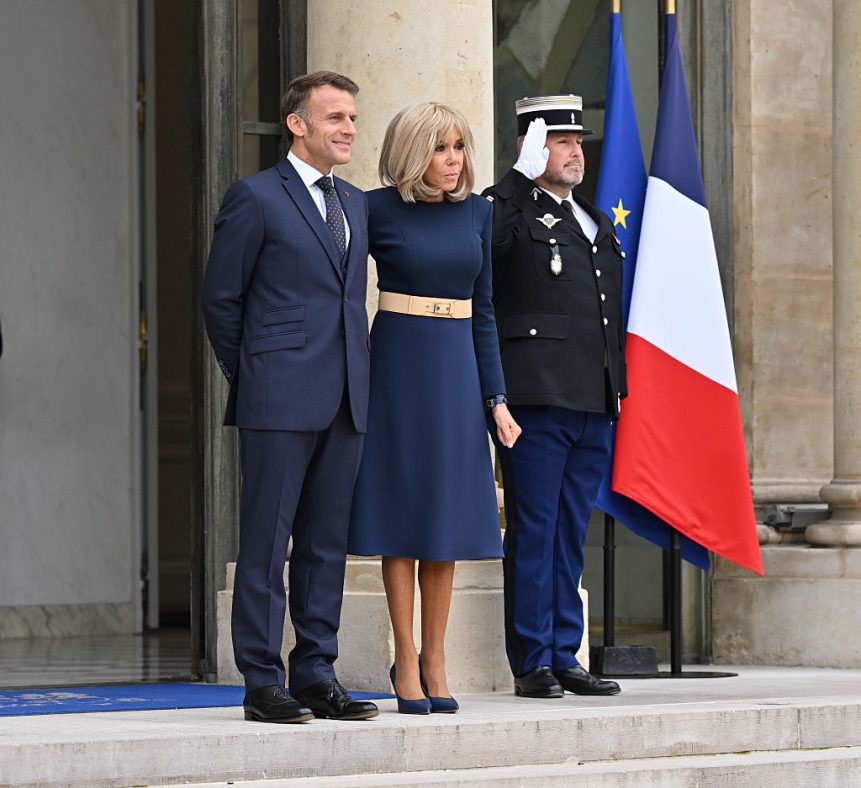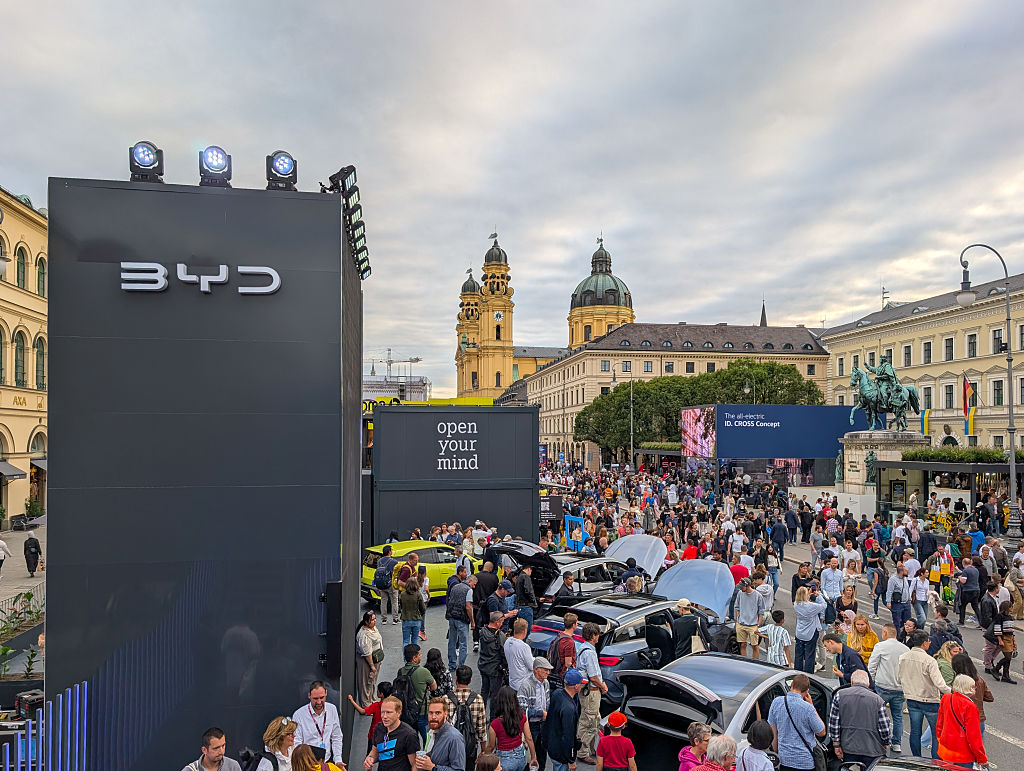Macron's openness to EU-Mercosur deal sparks outrage in France
Farmers, the Agriculture Minister, and most of the political spectrum opposed the President’s shift
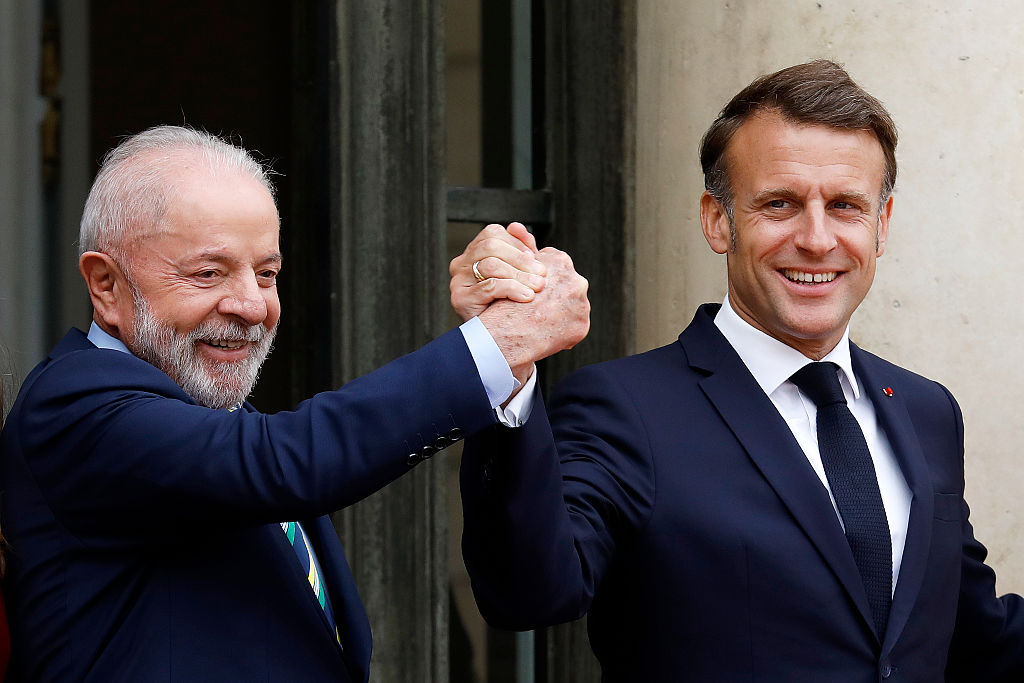
Following a meeting in Belém, Brazil, with Brazilian President Luiz Inácio Lula da Silva on Thursday, French President Emmanuel Macron signalled France could support the EU-Mercosur deal, as long as Mercosur countries accept the EU’s proposed safeguards. It unleashed revolt at home.
Seeking to diversify trade amid rising US-China tensions, the European Commission is aiming to finalise the long-delayed EU-Mercosur agreement by the end of the year.
Once a leading opponent of the trade deal, Paris has softened its stance after the Commission proposed safeguard measures to protect EU farmers from potential market disruption caused by Mercosur imports.
France’s president now appears closer to endorsing the deal.
“As it had been signed, it was not acceptable for us,” Macron said. He explained that the initial version lacked either mirror clauses, which impose EU standards on products imported from Mercosur countries, or safeguard provisions to prevent market destabilisation and protect farmers.
This marks a shift from France’s previous position, which had continued to call for mirror clauses in addition to the safeguard provisions.
“We were heard by the Commission,” Macron said, referring to the new safeguards unveiled on 8 October. This progress, he said, “makes it possible to have a package that, in our view, is fully acceptable.”
For the French president, the key element now is that Mercosur states – Argentina, Brazil, Paraguay, and Uruguay – accept these clauses, something the Commission will work to secure in the coming weeks.
After discussions with Lula, Argentine President Javier Milei, and European Commission President Ursula von der Leyen, Macron said he was “rather optimistic” about the outcome.
According to sources from the Mercosur bloc that Euractiv spoke to, the safeguard issue is generally viewed as an internal EU matter concerning the implementation of measures already agreed upon under the deal.
Lula, meanwhile, said he still expects the agreement to be signed this year, during Brazil’s presidency of the South American bloc.
Backlash
In France, where public opinion remains firmly opposed to the deal, Macron’s shift has sparked outrage. Luc Smessaert, vice-president of the main farmers’ union FNSEA, accused the president of “betrayal.”
Across the political spectrum, leaders are voicing strong criticism. French MEP Céline Imart (EPP) also denounced the move as a “betrayal,” while MEP Manon Aubry (The Left) condemned what she called a capitulation to Brussels.
Farm Minister Annie Genevard also reacted, emphasising that the mirror clauses remain a red line.
“Today, even though there has been progress, it is still not enough,” she said on Friday.
However, this opposition is likely to have only a very limited impact.
The Council must now formally authorise the signature of the agreement, with ratification by EU countries expected in December.
(adm, cm)



